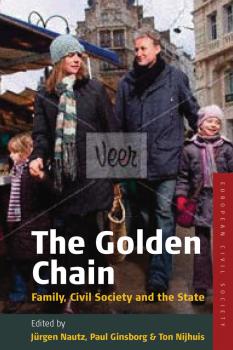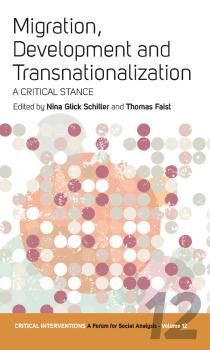Ingram
Все книги издательства IngramFoodscapes, Foodfields, and Identities in the YucatÁn
The state of Yucatán has its own distinct culinary tradition, and local people are constantly thinking and talking about food. They use it as a vehicle for social relations but also to distinguish themselves from “Mexicans.” This book examines the politics surrounding regional cuisine, as the author argues that Yucatecan gastronomy has been created and promoted in an effort to affirm the identity of a regional people and to oppose the hegemonic force of central Mexican cultural icons and forms. In particular, Yucatecan gastronomy counters the homogenizing drive of a national cuisine based on dominant central Mexican appetencies and defies the image of Mexican national cuisine as rooted in indigenous traditions. Drawing on post-structural and postcolonial theory, the author proposes that Yucatecan gastronomy – having successfully gained a reputation as distinct and distant from ‘Mexican’ cuisine – is a bifurcation from regional culinary practices. However, the author warns, this leads to a double, paradoxical situation that divides the nation: while a national cuisine attempts to silence regional cultural diversity, the fissures in the project of a homogeneous regional identity are revealed.
The State and the Social
Botswana has been portrayed as a major case of exception in Africa—as an oasis of peace and harmony with an enduring parliamentary democracy, blessed with remarkable diamond-driven economic growth. Whereas the “failure” of other states on the continent is often attributed to the prevalence of indigenous political ideas and structures, the author argues that Botswana’s apparent success is not the result of Western ideas and practices of government having replaced indigenous ideas and structures. Rather, the postcolonial state of Botswana is best understood as a unique, complex formation, one that arose dialectically through the meeting of European ideas and practices with the symbolism and hierarchies of authority, rooted in the cosmologies of indigenous polities, and both have become integral to the formation of a strong state with a stable government. Yet there are destabilizing potentialities in progress due to emerging class conflict between all the poor sections of the population and the privileged modern elites born of the expansion of a beef and diamond-driven political economy, in addition to conflicts between dominant Tswana and vast other ethnic groups. These transformations of the modern state are viewed from the long-term perspectives of precolonial and colonial genealogies and the rise of structures of domination, propelled by changing global forces.
The Surplus Woman
The first German women’s movement embraced the belief in a demographic surplus of unwed women, known as the Frauenüberschuß , as a central leitmotif in the campaign for reform. Proponents of the female surplus held that the advances of industry and urbanization had upset traditional marriage patterns and left too many bourgeois women without a husband. This book explores the ways in which the realms of literature, sexology, demography, socialism, and female activism addressed the perceived plight of unwed women. Case studies of reformers, including Lily Braun, Ruth Bré, Elisabeth Gnauck-Kühne, Helene Lange, Alice Salomon, Helene Stöcker, and Clara Zetkin, demonstrate the expansive influence of the discourse surrounding a female surfeit. By combining the approaches of cultural, social, and gender history, The Surplus Woman provides the first sustained analysis of the ways in which imperial Germans conceptualized anxiety about female marital status as both a product and a reflection of changing times.









